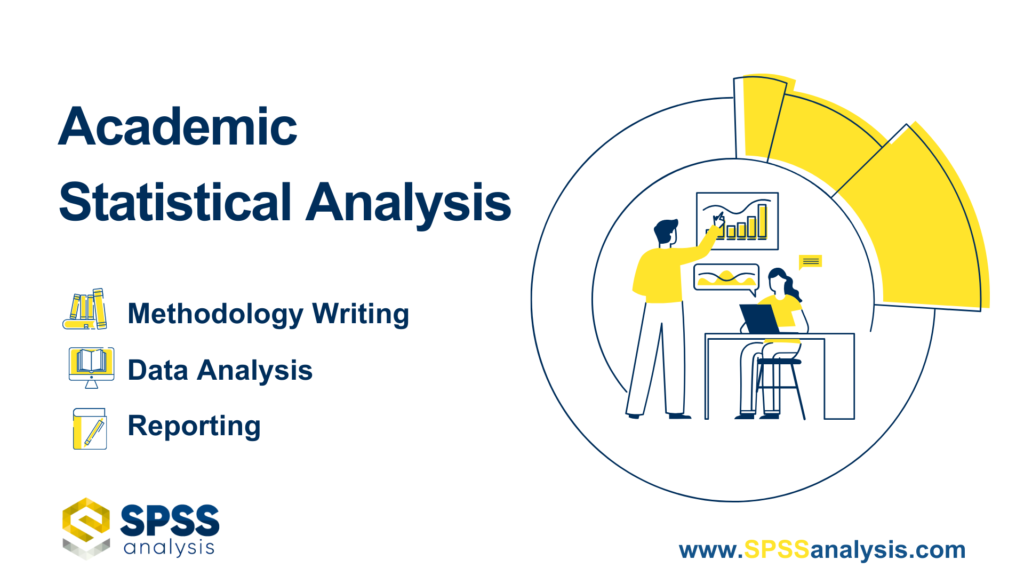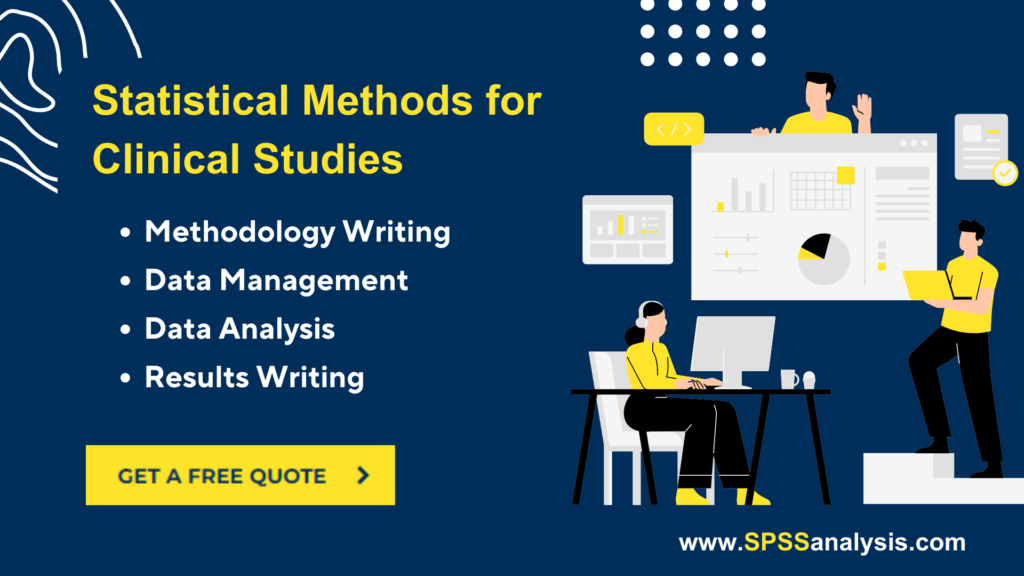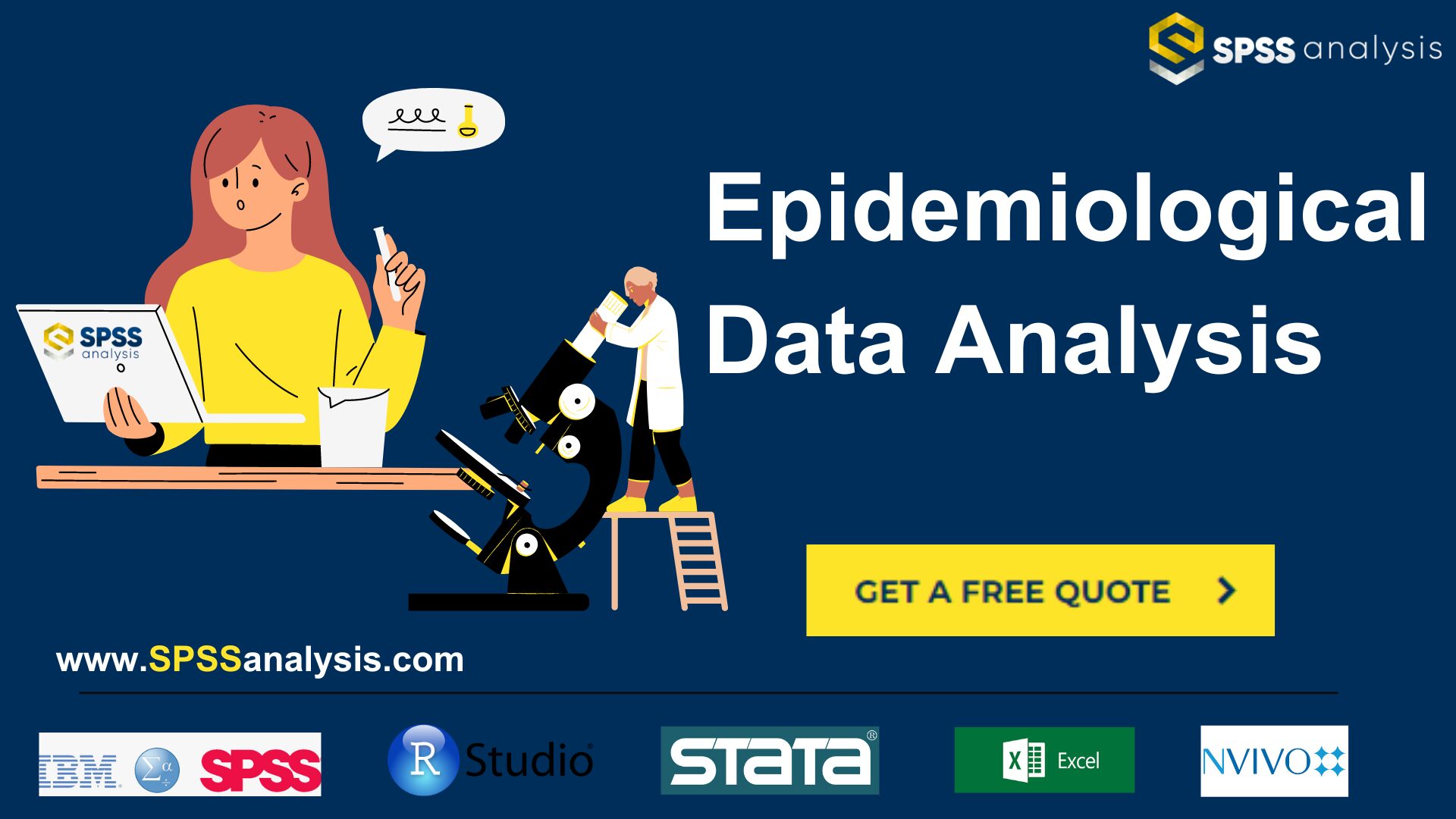Epidemiological Data Analysis
Epidemiological Data Analysis: Elevate Your Research with Our Customized Data Analysis, Methodology, and Reporting Services. Specializing in SPSS, R, STATA, JASP, and More for Comprehensive Assistance.
Top Biostatisticians 👩🔬 | Free Unlimited Revisions 🔄 | NDA-Protected Service 🛡️ | Plagiarism-Free Work 🎓 | On-Time Delivery 🎯 | 24/7 Support 🕒 | Strict Privacy Assured 🔒 | Satisfaction with Every Data Analysis ✅
Our Expertise Recognized by Researchers at Leading Universities:




















Epidemiological Data Analysis
Medical Research Data Analysis is a comprehensive service tailored to meet the specific needs of your research, ensuring that you receive expert support in the following key areas:
- Methodology Writing: We develop a detailed plan for your research approach, outlining the statistical methods to be used in your study. This foundational step ensures that your research is built on a robust methodological framework.
- Data Management: Our services include importing your data into the preferred statistical software, recoding variables to suit analysis requirements, and data cleaning to ensure accuracy and reliability. This process prepares your data for meaningful analysis, setting the stage for insightful findings.
- Data Analysis & Hypothesis Testing: Whether your research calls for quantitative data analysis, our experts are equipped to handle it. We apply appropriate statistical tests for your hypothesis and techniques to analyse your data, uncovering the patterns and insights that support your research objectives.
- Reporting: We present your findings in a clear and academically rigorous format, adhering to APA, Harvard, or other academic styles as required. This includes preparing tables and graphs that effectively communicate your results, making them accessible to your intended audience.
Let us help you transform raw data into insightful, coherent findings that propel your research forward. Get a Free Quote Now!
Why Choose UsChoosing SPSSanalysis.com for your dissertation statistical analysis comes with a set of clear promises and benefits, designed to ensure your absolute satisfaction and confidence in our services
Experienced Statisticians
Our team comprises PhD-holding statisticians with a minimum of 7+ years of experience in a variety of fields
Privacy Guarantee
We pledge never to share your details or data with any third party, maintaining the anonymity of your project.
Plagiarism-Free Work
We provide work that is completely free from plagiarism, adhering to the highest standards of academic integrity.
On-Time Delivery
We commit to meeting your deadlines, ensuring that your project is completed within the agreed timeframe.
Free Unlimited Revisions
Your satisfaction is our priority. We offer unlimited revisions until your expectations are fully met.
24/7 Support Service
Our support team is available around the clock to answer your questions and provide assistance whenever you need it.
How Statistical Analysis Service Works
1. Introduction
At SPSSanalysis.com, we specialise in providing tailored epidemiological data analysis services for researchers, academics, and PhD students. Our team of biostatisticians and statisticians helps researchers conduct accurate, reliable data analysis for epidemiological studies. Whether you need support for a grant proposal, dissertation, or a research project, we ensure your data is properly analysed and interpreted.
We follow a simple three-step process to engage with clients. First, you submit your inquiry via our Get a Free Quote page. After reviewing your task, we provide a detailed project plan, price quote, and deadline. Once the terms are agreed upon, we handle the analysis and deliver it on time, ensuring high-quality results for your research.
If you need expert assistance for your epidemiological data analysis, visit our Get a Free Quote page today.
2. What are the Three Types of Epidemiological Studies?
Epidemiological studies are crucial for understanding the spread, causes, and prevention of diseases. These studies fall into three main categories:
- Descriptive studies: These studies focus on identifying patterns related to health events or diseases within populations, without making inferences about causality. They help determine who is affected, when, and where.
- Analytical studies: These studies explore the relationships between health outcomes and risk factors. They assess associations and try to determine causality.
- Experimental studies: These studies involve direct intervention to test a hypothesis, often through controlled trials. This method is vital in testing the effectiveness of new treatments or interventions.
 For expert guidance on designing your study and analysing your epidemiological data, visit our Get a Free Quote page today.
For expert guidance on designing your study and analysing your epidemiological data, visit our Get a Free Quote page today.
3. What is Epidemiological Data Analysis?
Epidemiological data analysis involves the systematic evaluation of health-related data to identify trends, associations, and outcomes within populations. Researchers use various statistical techniques to examine the spread of diseases, evaluate risk factors, and assess the effectiveness of interventions. The goal is to provide insights that improve public health and inform policy decisions.
Accurate epidemiological data analysis ensures that research findings are reliable and valid. Biostatisticians use methods like survival analysis, logistic regression, and Cox models to interpret complex datasets. These analyses are critical in understanding the relationships between exposure and disease outcomes, allowing researchers to draw meaningful conclusions.
For personalised support with your epidemiological data analysis, visit our Get a Free Quote page to get started.
4. Describing Epidemiologic Data
When describing epidemiologic data, researchers classify it into several types:
- Nominal data: This includes categorical data, such as disease status (yes/no), gender, or geographic location.
- Ordinal data: This type of data includes ranked variables, such as disease severity or stages of infection.
- Continuous data: Continuous variables, like age, blood pressure, or temperature, provide measurable information that can take any value within a range.
- Count data: This includes data where the number of occurrences of an event (e.g., number of new cases of a disease) is recorded.
Each data type requires specific analytical techniques to ensure accurate results. Properly categorising and describing your data is a critical step in epidemiological data analysis. Visit our Get a Free Quote page to learn how we can assist you with describing and analysing your epidemiological data.
5. Why Data is Important for Epidemiological Studies?
Data is the cornerstone of any epidemiological study. Without reliable and accurate data, it is impossible to draw meaningful conclusions about public health risks or interventions. Epidemiological data analysis provides the foundation for understanding disease patterns, identifying risk factors, and evaluating health outcomes. Quality data ensures that research findings can be trusted and used to inform public health policies.
 Firstly, data allows researchers to track the incidence and prevalence of diseases over time. Secondly, it helps identify potential risk factors and vulnerable populations. Finally, by analysing data, researchers can evaluate the impact of health interventions and treatments, guiding future research and healthcare strategies.
Firstly, data allows researchers to track the incidence and prevalence of diseases over time. Secondly, it helps identify potential risk factors and vulnerable populations. Finally, by analysing data, researchers can evaluate the impact of health interventions and treatments, guiding future research and healthcare strategies.
For accurate epidemiological data analysis that supports impactful research, visit our Get a Free Quote page.
6. Which Methods are Used in the Epidemiologic Approach?
Epidemiologists rely on a range of methods to analyse data and draw conclusions about health outcomes. Common methods include:
- Descriptive statistics: Summarises data to show trends in health-related events.
- Cross-sectional analysis: Examines data at a single point in time to find associations.
- Cohort studies: Follows groups over time to evaluate exposure to outcomes.
- Case-control studies: Compares individuals with a disease to those without to find potential causes.
- Randomised controlled trials: Provides robust evidence by randomly assigning interventions to test their effect.
Each method requires precise epidemiological data analysis to ensure valid results. For help choosing and applying the right method for your study, visit our Get a Free Quote page today.
7. What are the Statistical Analysis of Epidemiologic?
Various statistical analyses are used in epidemiological studies to interpret health data effectively. Common analyses include:
- Logistic regression: Analyses binary outcomes, such as disease presence or absence.
- Survival analysis: Evaluates time-to-event data, such as time until disease onset or death.
- Cox proportional hazards models: Assesses the relationship between exposure and time-to-event outcomes.
- Chi-square tests: Tests for associations between categorical variables.
- T-tests and ANOVA: Compares means between groups to determine differences.
 Accurate application of these statistical methods ensures that your epidemiological data analysis provides meaningful insights. For expert support with your statistical analysis, visit our Get a Free Quote page.
Accurate application of these statistical methods ensures that your epidemiological data analysis provides meaningful insights. For expert support with your statistical analysis, visit our Get a Free Quote page.
8. How We Support Epidemiological Study Designs and Principles of Data Analysis
At SPSSanalysis.com, we provide comprehensive support for designing epidemiological studies and conducting robust epidemiological data analysis. Our team works closely with you to develop study designs that minimise bias, ensure data quality, and apply the most suitable statistical methods. From cohort studies to randomised trials, we tailor our approach to meet your research needs.
We also guide you through the principles of data analysis, ensuring that your study uses the right statistical techniques for valid and reliable results. Whether you’re conducting a small-scale study or a large epidemiological investigation, our expertise guarantees that your analysis will adhere to the highest standards of accuracy.
For detailed support with your epidemiological study design and data analysis, visit our Get a Free Quote page today.
9. Biostatistical Support for Researchers by SPSSanalysis.com
At SPSSanalysis.com, we provide specialised biostatistical support for researchers conducting epidemiological data analysis. Our team of experienced biostatisticians helps you with every aspect of your study, from data collection to statistical analysis and interpretation. We ensure that your data is analysed using the most appropriate methods to produce meaningful and actionable results.
 Our biostatistical support includes assistance with study design, hypothesis testing, model selection, and data interpretation. Whether you are a PhD student working on a dissertation or a researcher conducting a large-scale study, we provide tailored solutions to meet your specific needs.
Our biostatistical support includes assistance with study design, hypothesis testing, model selection, and data interpretation. Whether you are a PhD student working on a dissertation or a researcher conducting a large-scale study, we provide tailored solutions to meet your specific needs.
For professional biostatistical support tailored to your epidemiological study, visit our Get a Free Quote page.
10. Why Should You Work with a Biostatistician for Epidemiologic Data?
Working with a biostatistician is essential for accurate epidemiological data analysis. Biostatisticians have the expertise to apply the correct statistical methods, ensuring that your results are valid, reliable, and interpretable. They guide you through the entire process, from choosing the right study design to selecting the appropriate analysis techniques, which helps avoid common pitfalls in research.
Firstly, a biostatistician ensures that your data is cleaned and prepared correctly for analysis. Secondly, they help you select the most suitable models and methods for interpreting your data. Finally, they assist in drawing meaningful conclusions, ensuring that your research contributes valuable insights to public health.
For expert biostatistical support with your epidemiological data, visit our Get a Free Quote page.
Stay connected with SPSSanalysis.com on LinkedIn for the latest updates and insights!





